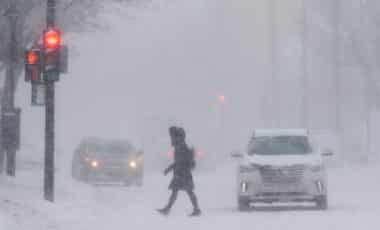The heatwave advises households in the UK to tie down their curtains and blinds. To keep houses from overheating, UK Health Security Agency (UKHSA) has provided vital information on how to stay cool during hot weather.
Although it is not as hot as last Friday’s peak of 31.2 °C, the long hours of sunshine and high humidity have made homes across the UK unbearably warm. This weather pattern will persist for a few more days.
Looking for a taste of summer?
Good news!
Temperatures are on the rise 🌡️ pic.twitter.com/5jltnBQeEt
— Met Office (@metoffice) July 27, 2024
To maintain a cooler indoor environment, UKHSA suggests various measures. One principal proposal is to shut the windows and curtains in rooms that receive sunlight according to the Express.
If windows face direct sunlight, it can lead to a considerable increase in inside temperatures similar to those observed through earth’s atmosphere as a result of the greenhouse effect.
This can be eased by drawing curtains back with opened windows left for air supply if sunlight is streaming through them. This reduces heat accumulation within houses.
Ongoing Weather Conditions
Last Friday, temperatures didn’t hit their high of 31.2 °C; however, the combination of sunlight and humidity is making British houses really hot.
The heat wave will continue to dominate until at least Saturday, when a sudden downpour is expected to bring much-needed relief. There may be a whole month’s worth of rain in a single day, with thunder and lightning.
Detailed recommendations from the UKHSA:
- Sun Protection: When outside, use sunscreen, wear sunglasses and a hat, and seek shade whenever possible.
- Hydration: Drink plenty of water to stay hydrated and limit alcohol consumption.
- Community Care: Check on friends and relatives, especially those who may be more vulnerable to heat. Encourage them to reciprocate the care.
- Recognising Heat Illness: Be aware of the signs of heat exhaustion and heatstroke, and know how to respond if someone is affected.
Preparing for Hot Weather
UKHSA stresses the importance of adhering to this advice, especially for people who are more likely to suffer serious health impacts. Updating through news broadcasts and watching local weather forecasts is key in readiness for hot weather.
Likewise, expect disruptions on services such as electricity, water supplies or transportation. Similarly, it is important for one to monitor air pollution forecasts since during hot weather seasons air quality can deteriorate, causing risks for people suffering from asthma among other respiratory illnesses.









